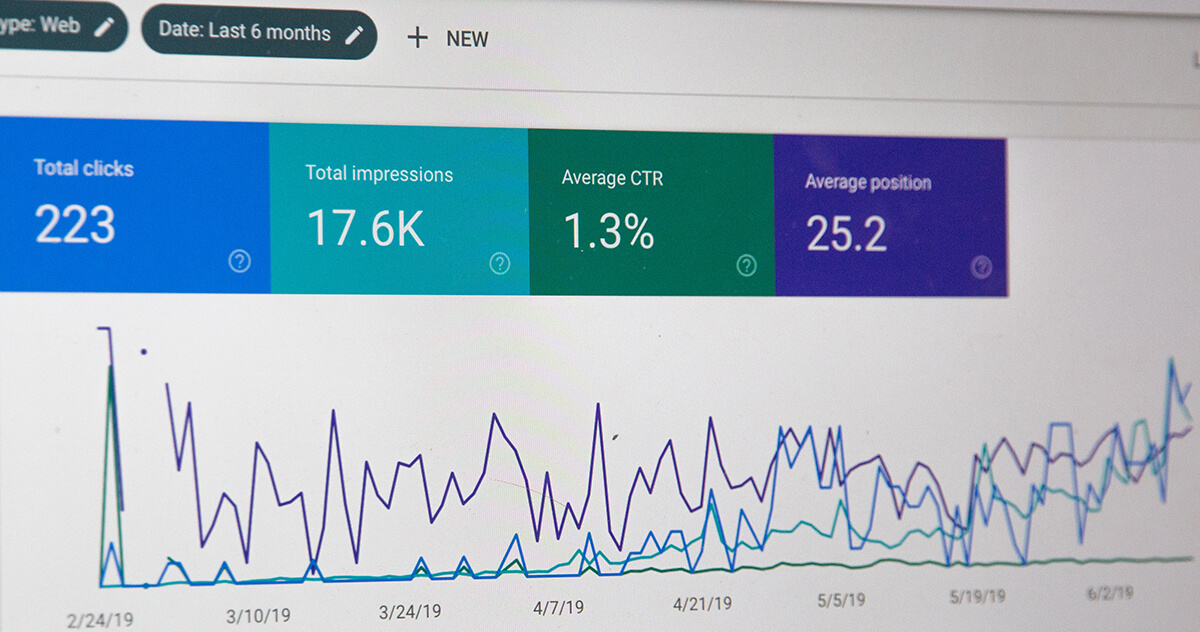This is an explanation of how Google evaluates shortened URL links, such as those found on Twitter, from an SEO perspective.
Contents
Basically, they are treated the same as regular links.
Shortened URLs are basically treated the same as regular links. Therefore, there is no need to think about “discouraging users from using shortened URLs.
The reason for this is that whether or not a link is a shortened URL is not an essential factor in determining the value of the content.
It is safe to assume that Google “wants” to evaluate shortened URLs just as much as regular links, and in fact it does.
In some cases, the evaluation of the link source is not reflected.
Even if Google thinks that it wants to evaluate shortened URLs in the same way as normal URLs, in reality, the evaluation received by the link source may not be transferred to the link destination.
301 redirects are not in place.
Before I explain this, let me explain the basic mechanism of URL shortening services.
In a URL shortening service, a user shorted http://hogehoge.com/index.html to http://smal.lu/abc. Let’s say that the user posts these URLs as links.
The two URLs are linked on the URL shortening service side, and when the user accesses http://smal.lu/abc redirect to http://hogehoge.com/index.html.
However, some services do not perform automatic 301 redirects, and you may be forced to go through a cushion page as shown in the example below.
In this case, there is a possibility that the reputation of the original link source page will not be properly transferred to the link destination. (This is just a possibility, because Google may understand this situation and automatically adjust the rating.
When nofollow attribute is added to links (e.g. Twitter)
The most common use of shortened URLs is on Twitter, where there is a 140-character limit on posts, but all links originating from Twitter are given the nofollow attribute in the first place, so the evaluation of the link is not passed on.
Facebook, which is used by many users in USA, also has a nofollow attribute for links to external sites, but before that, Google cannot crawl and retrieve the information flowing in the news feed (assuming you are logged in). (You can view it, but Google’s crawler will not log in). Therefore, if you are getting likes and shares on Facebook’s newsfeed, Google will not be able to crawl the information. and shares on your Facebook news feed will not directly lead to search engine ratings at this time.
While this may make it seem that links on Twitter have no effect on SEO, it is not necessarily worthless for SEO, as more effective exposure on social media can indirectly increase your chances of getting natural links in general. (SEO is part of the strategy to increase traffic to your site, so links from Twitter and Facebook should be evaluated separately from SEO.
Summary
Even if the link is a shortened URL, as long as it is 301 redirected, there is no problem.
Most URL shortening services are fine. Some have cushion pages, but they are not highly used, so there is no point in worrying about them.
If the link has a nofollow attribute, like Twitter, it will not be included in the page rank succession, but since it contributes to the inflow of traffic, it does not mean that it is worthless.
















